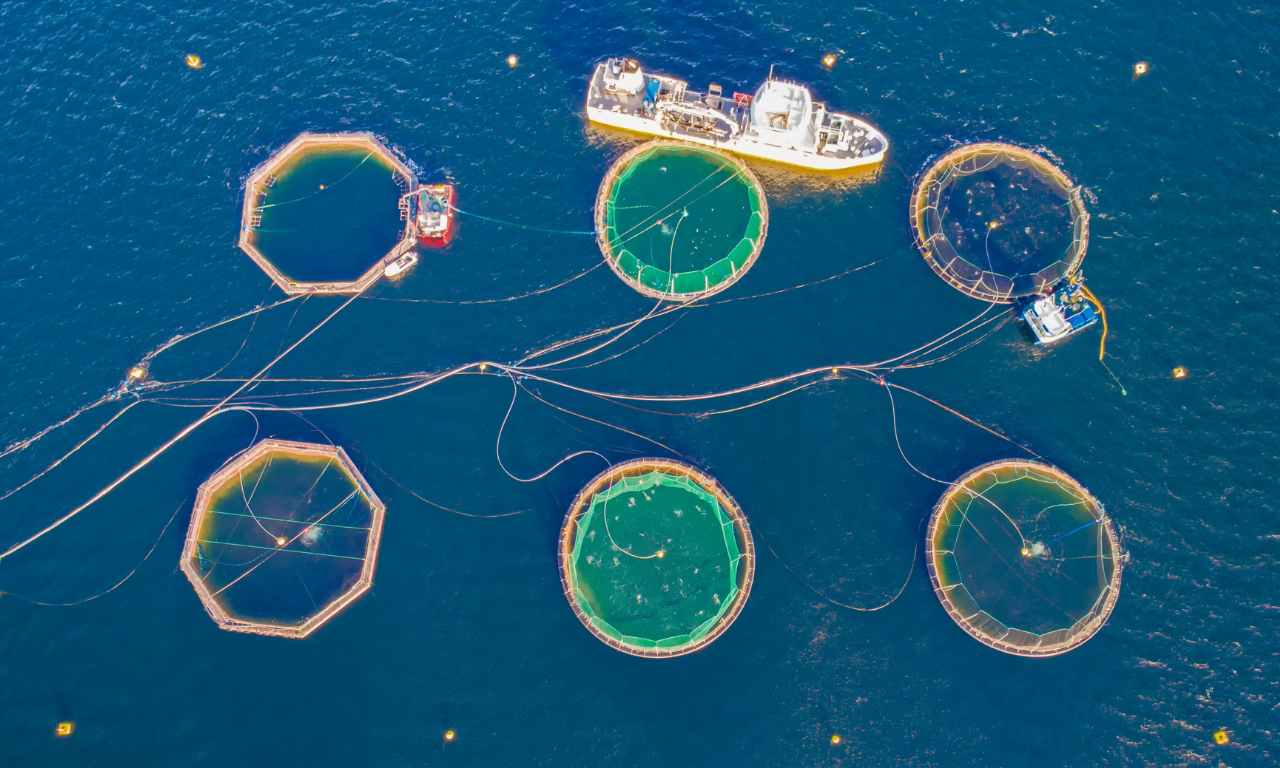We believe wild works. Here is a specific and recent review on the negative impacts of fish farming in Norway and the Atlantic Ocean.
Earlier this year a scientific review paper exploring the ecological interactions between farmed Atlantic salmon and wild Atlantic cod populations in Norway appeared in the journal “Reviews in Aquaculture”. The authors looked specifically at the interactions between the very well known Norwegian Farmed Salmon industry and the population of wild cod in the Atlantic Ocean. They identified seven risk sources associated with salmon farming, including waste feed, altered food quality, and disease transmission, that may negatively impact wild cod populations.
Taking a look at a specific location where fish farming is impacting wild fish populations can give us a better understanding of the negative impacts the farmed fish industry can and will continue to have on our beautiful wild populations around the world. At Premier Catch, we focus on sustainably sourcing and consuming wild seafood in order to protect our planet, and keep our families healthy for generations to come.
The Ecological Trap of Waste Feed:
The abundance of waste feed from the open net-pen salmon farms in Norway attracts wild Atlantic cod, creating artificially dense populations around these farms. These high concentrations of cod make them easier targets for fishing, which could potentially lead to over-fishing. Additionally, the aggregation of cod around farms attracts other predators to the area that normally wouldn’t be present which can disrupt natural food web dynamics and impact cod populations. The heavy metals and persistent organic pollutants (POPs) from feed and farm activities can also accumulate in cod, potentially affecting their reproduction and survival.
The wild cod may even alter their natural migration patterns to stay near salmon farms, potentially impacting their reproductive success and overall population dynamics.
Nutritional Deficiencies from a Shift to Plant-Based Feed:
Farmed salmon feed has transitioned from marine-based ingredients, rich in long-chain polyunsaturated fatty acids, to plant-based ingredients. Plant-based feed for salmon alters the fatty acid profile in cod that consume waste feed, with unknown consequences for reproduction and early life stages. Long chain polyunsaturated fatty acids like DHA and EPA found in marine oils, are essential for cod reproduction and the survival of their offspring. A lack of these fatty acids can result in poor egg and sperm quality, ultimately impacting the overall fitness of the wild cod populations.
Disease Transmission in Open Systems:
The use of open net-pen salmon farms increases the risk of disease transmission between farmed and wild fish. The high density of salmon in farms makes them more susceptible to disease outbreaks, and wild cod accumulating nearby are at a higher risk of exposure to these pathogens. While vaccination programs exist for farmed salmon, wild cod are not protected, making them vulnerable to infection. Disease outbreaks can lead to significant mortality in wild fish populations, further impacting their long-term viability.
The authors of the review strongly recommend a transition to closed farming systems as a mitigation strategy for the farming industry.
We strongly recommend pursuing sustainable and wild sources of blue foods (incredible seafood coming from our waters around the world), and at Premier Catch we are proud to be an American Company supporting American families!


